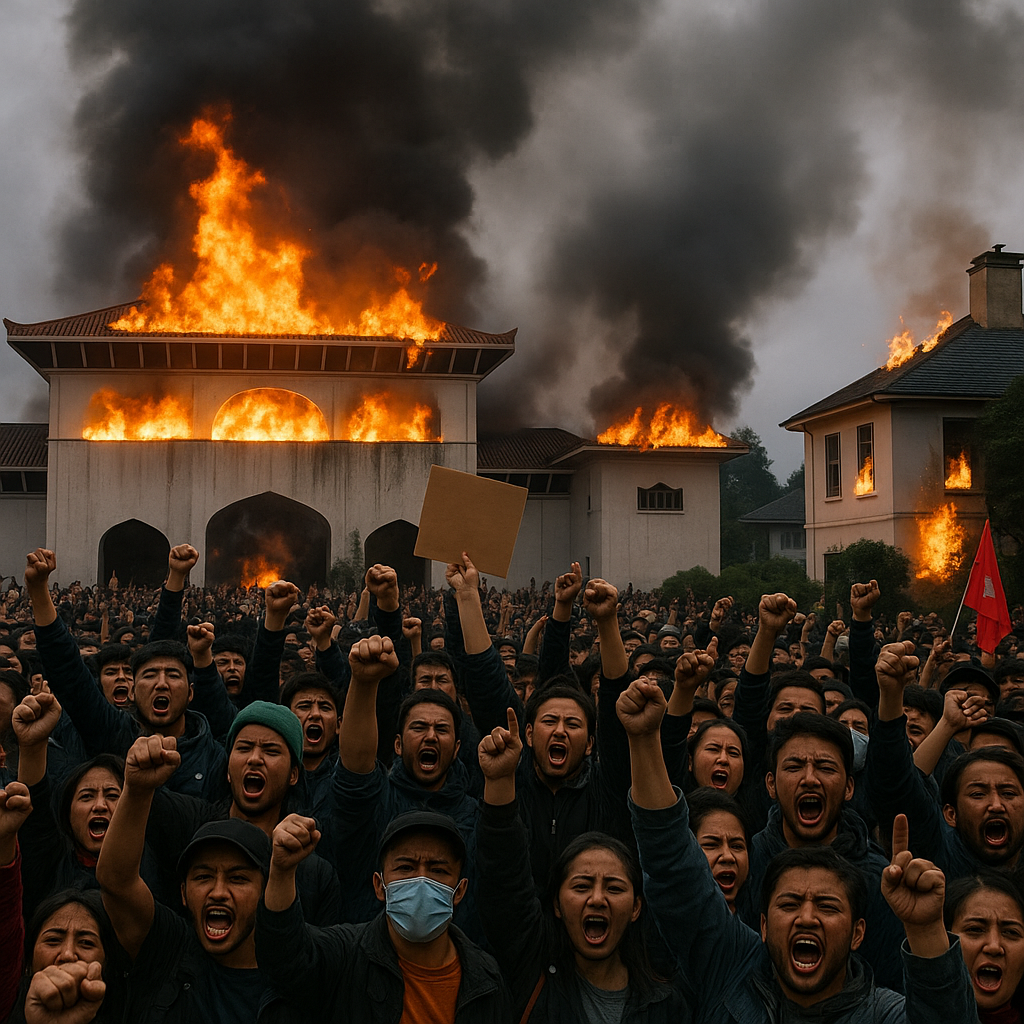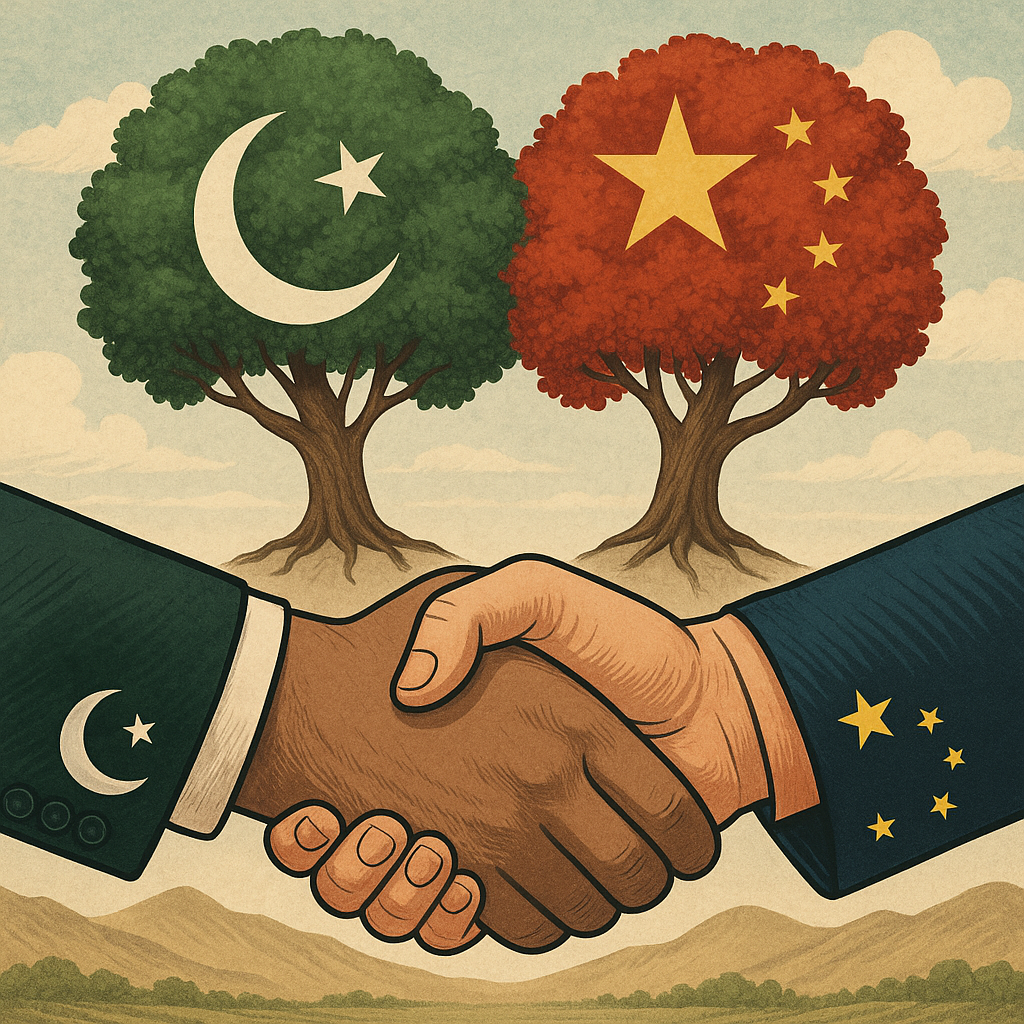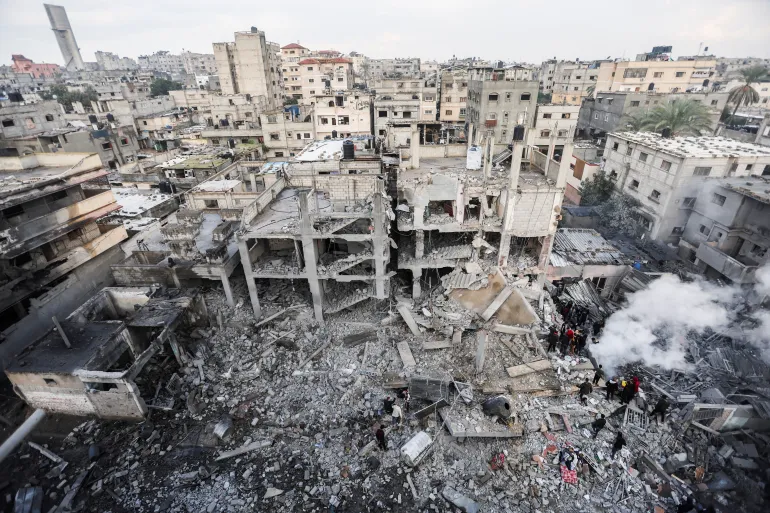Dr. Naveed Elahi
Nepal has once again been gripped by turmoil as mass protests shook the capital and several major cities, forcing Prime Minister KP Sharma Oli to resign in an effort to calm the unrest. The demonstrations, led by young people enraged over the blocking of several social media sites took the capital by storm, and police opened fire on the crowds, killing 19 people. The ban was lifted the very next day, but the protests swelled and continued despite an indefinite curfew in Kathmandu. Protesters, enraged over what they describe as widespread corruption and nepotism, set fire to the parliament building and attacked the homes and offices of prominent politicians and parties. The Nepali Army, along with other security institutions, has appealed for peace, while President Ramchandra Paudel has called for national unity, warning of the dangers of further escalation.
The anger is deeply rooted in perceptions of elite privilege. On Nepali social media, the term “nepo kids” , ,— a reference to nepotism — has become a rallying cry, highlighting the lavish lifestyles of the children of politicians and officials. The hashtag #NepoBaby had been trending in the country. Videos of them flaunting expensive cars and designer clothing stand in stark contrast to the hardships faced by much of the population. This widening gap between rulers and the ruled has made corruption and inequality the central themes of the protests. Mayor Balendra Shah of Kathmandu urged restraint, telling demonstrators that the prime minister’s resignation was a step forward, but the protests show no sign of abating. India, worried about instability on its borders, has tightened security along the frontier with Nepal.
The events come against the backdrop of a long history of political volatility. Since the abolition of the monarchy in 2008, Nepal has had 14 governments, none of which has completed a full five-year term. The country’s path has been marked by civil conflict, fragile institutions, and repeated leadership crises. Oli himself had been elected several times since 2015, but his government struggled with questions of legitimacy and governance failures. The current crisis has only deepened public doubts about the ability of Nepal’s leaders to deliver stability and accountability.
The unfolding events in Nepal are being watched with keen interest in Pakistan—some in bewilderment, others with anticipation. In Pakistan, some sections of the opposition had quietly hoped for similar unrest to erupt, as it did in Sri Lanka, then in Bangladesh, and now in Nepal. Yet Pakistan’s circumstances are markedly different. Despite economic challenges and political turbulence, its institutions remain more resilient, its security apparatus stronger, and its social fabric less susceptible to sudden collapse. The lesson, however, is not to take this stability for granted. Corruption, inequality, and public frustration must be addressed with urgency. Pakistan may not face Nepal’s scenario, but unless its rulers act responsibly and provide real relief to the people, discontent could steadily erode the trust that underpins political stability.
Still, the events in Kathmandu serve as a cautionary tale. Pakistan’s rulers must not take public patience for granted. Elite privilege, widening inequality, and perceptions of unchecked corruption can erode legitimacy even in stronger systems. The lesson from Nepal is clear: governments that ignore citizens’ frustrations risk sudden and destabilizing eruptions of anger. Pakistan may not be on the brink of such an uprising, but internal and external enemies must be hatching conspiracies to push Pakistan into such a quagmire. There is a need to keep an eye on fifth columnists and agent provocateurs. Some political opponents can also resort to misadventures as was done on 9 May 2023. The government must take proactive steps to stop these elements from trying to ignite the sentiments and spread discontent that could boil over. Besides, controlling corruption, strengthening transparency, and providing meaningful relief to ordinary citizens are essential for maintaining stability. In the end, political resilience is not only about avoiding collapse but about building trust between the state and the people it serves.
The author is Chief Editor of The Strategic Brief



